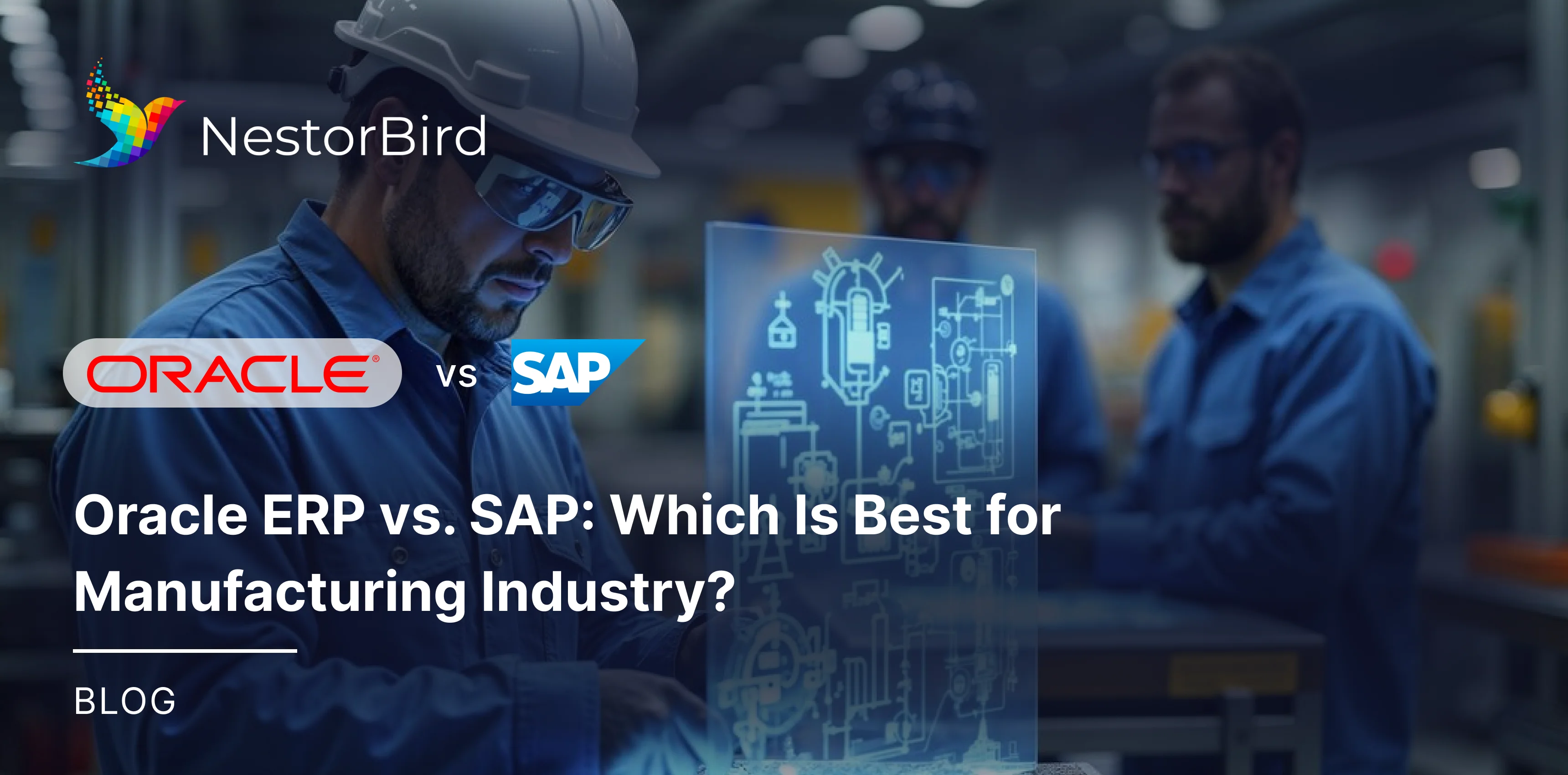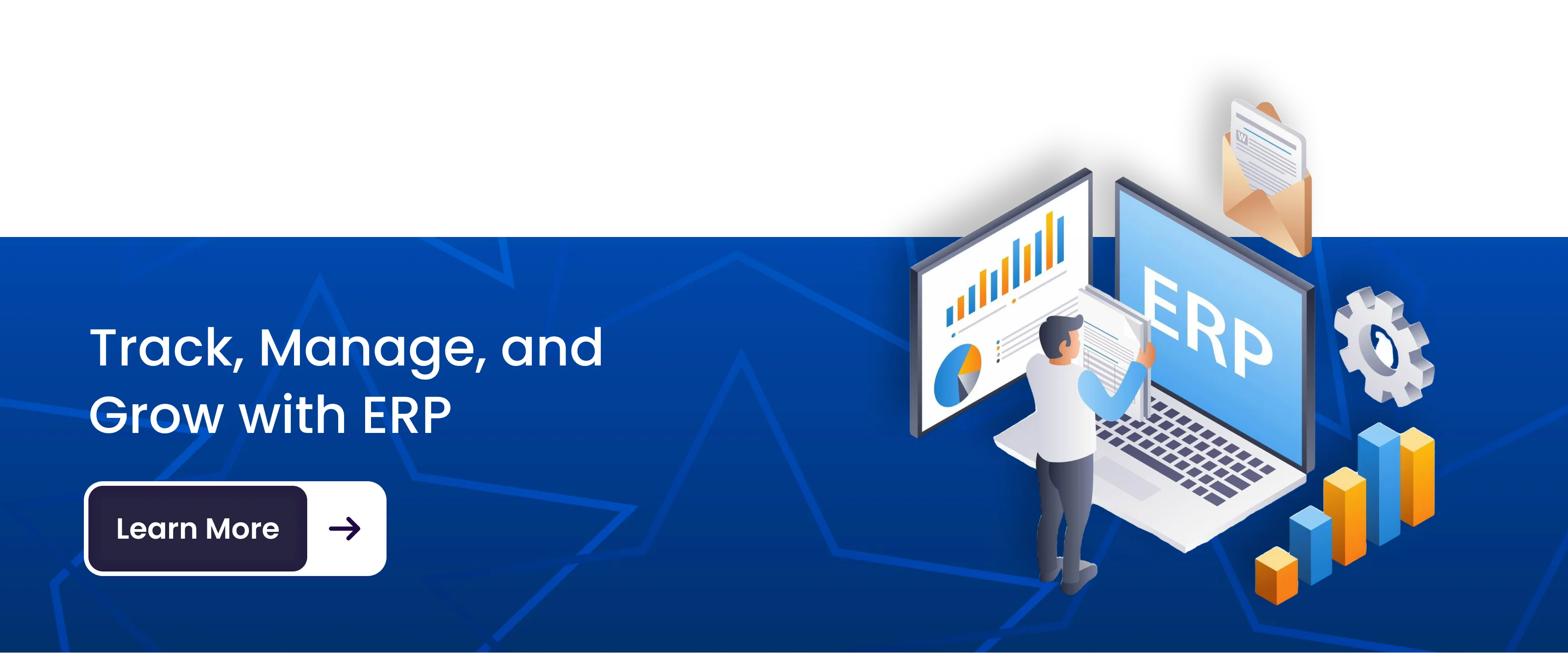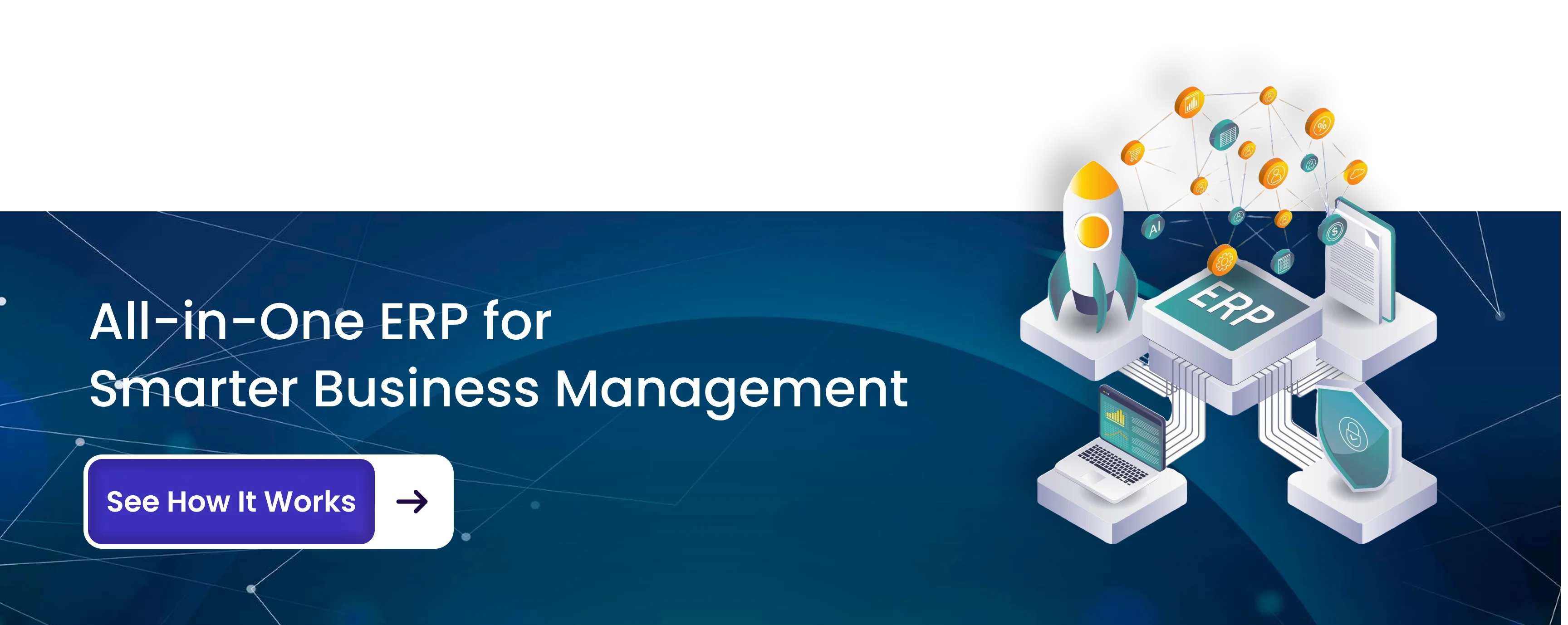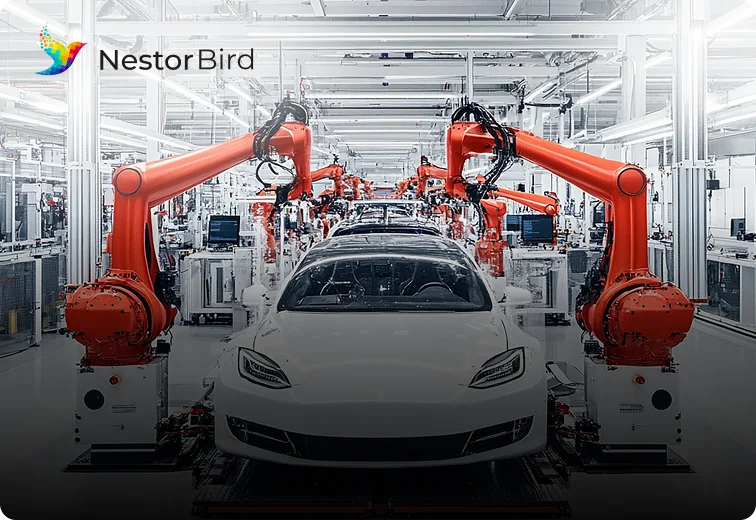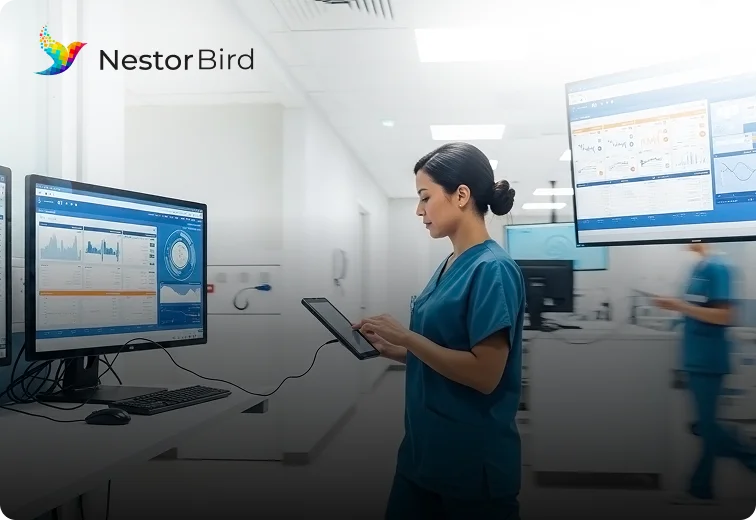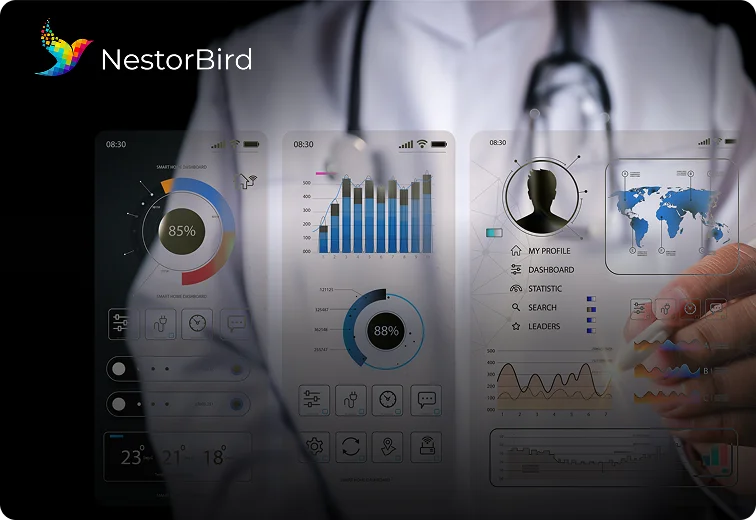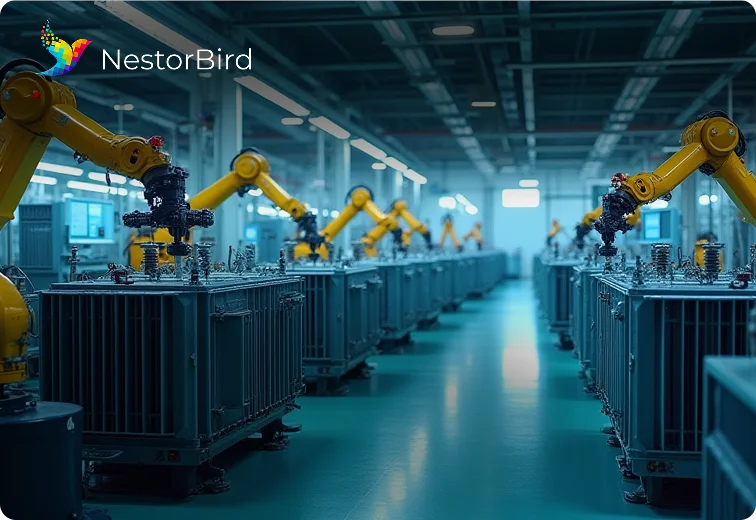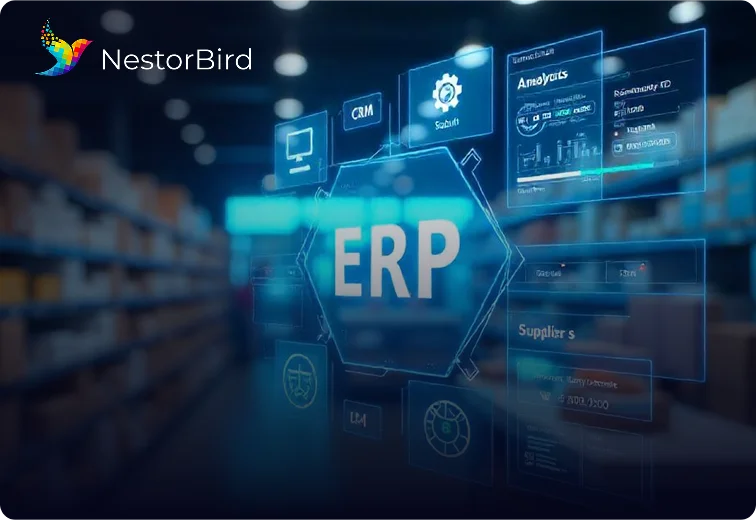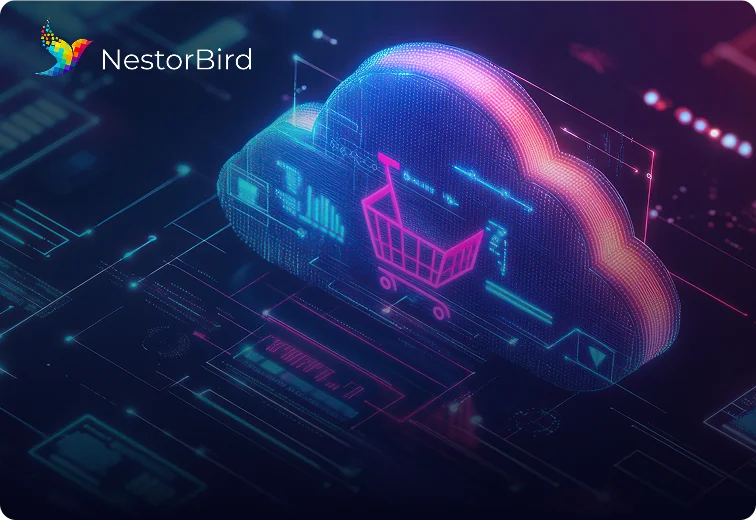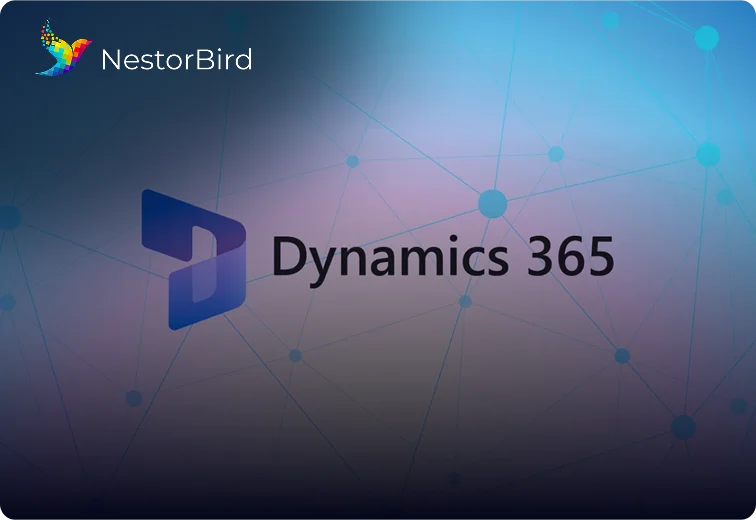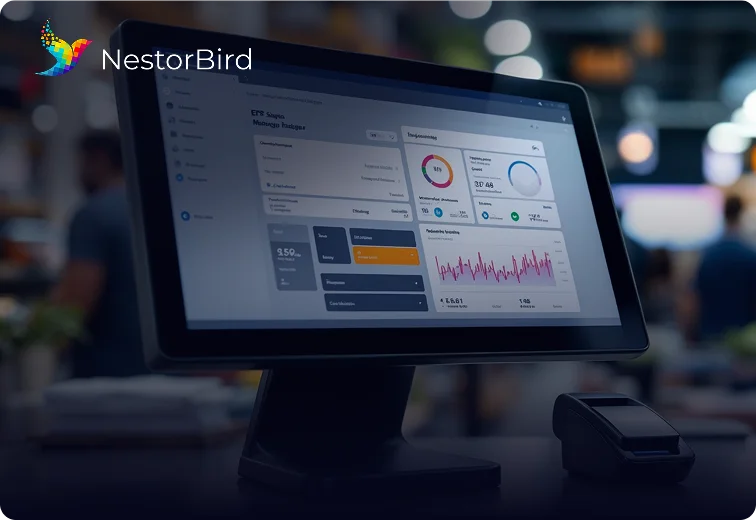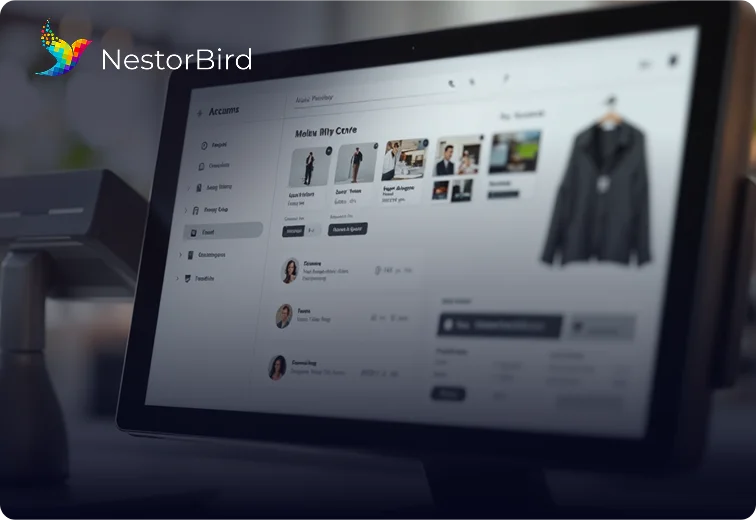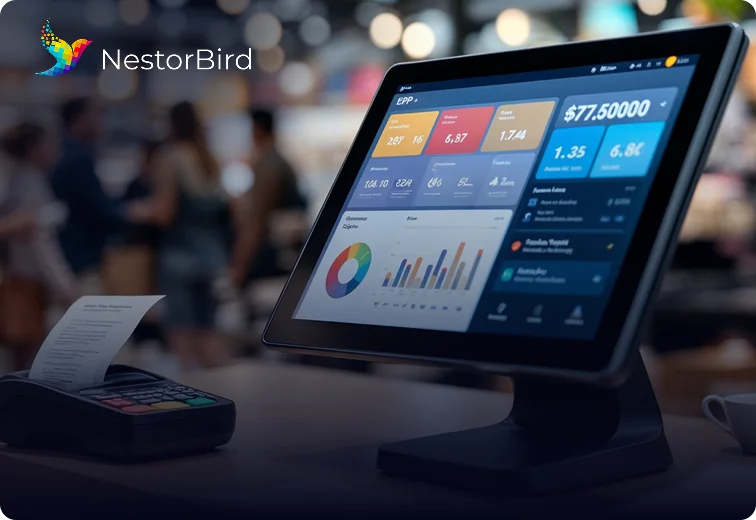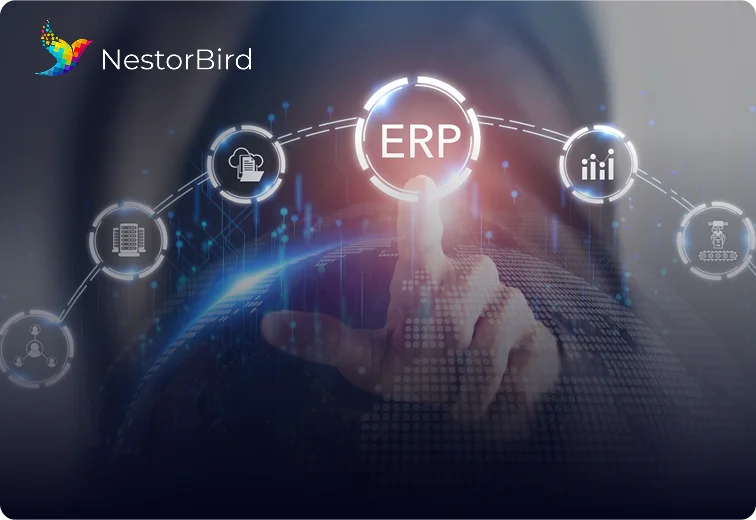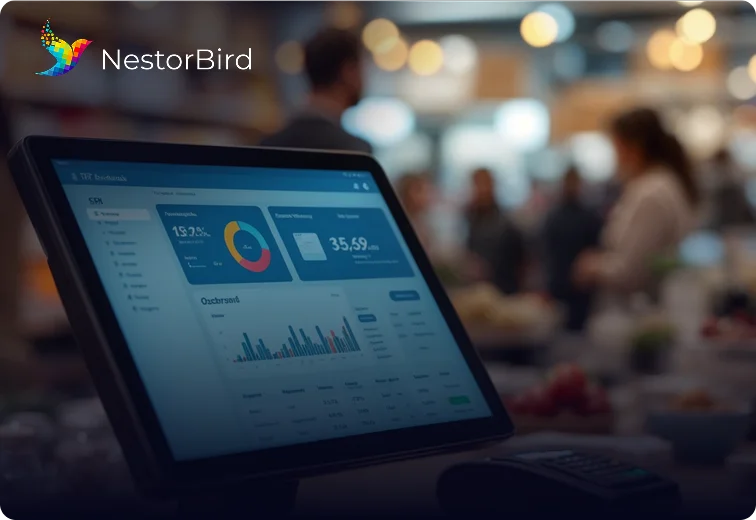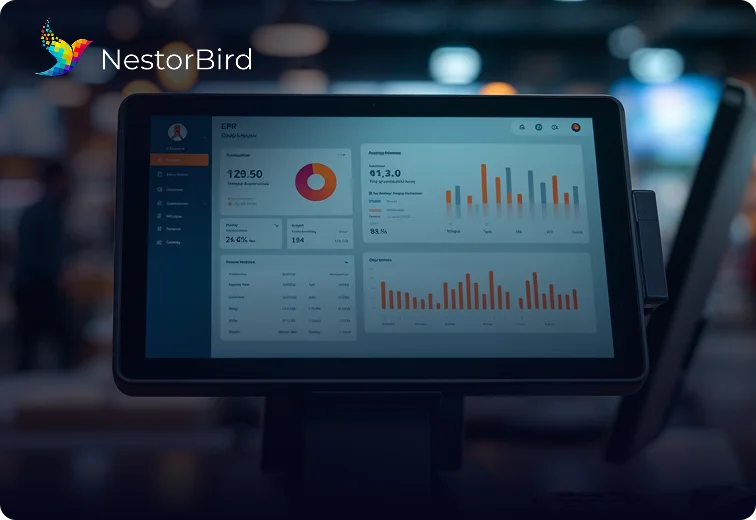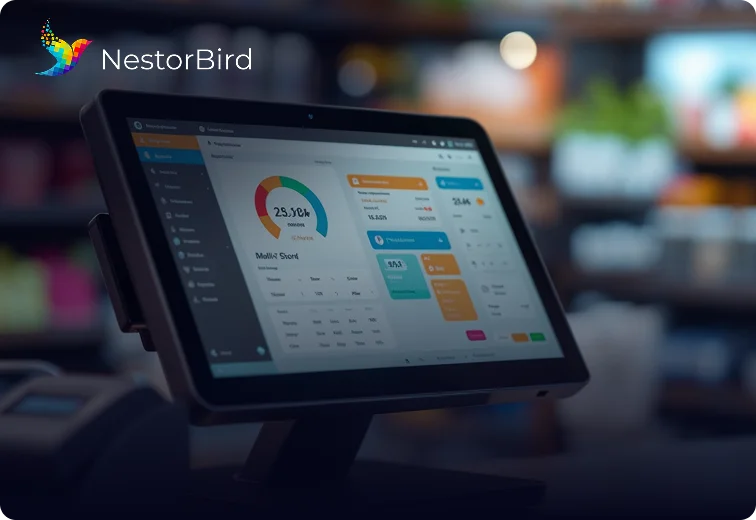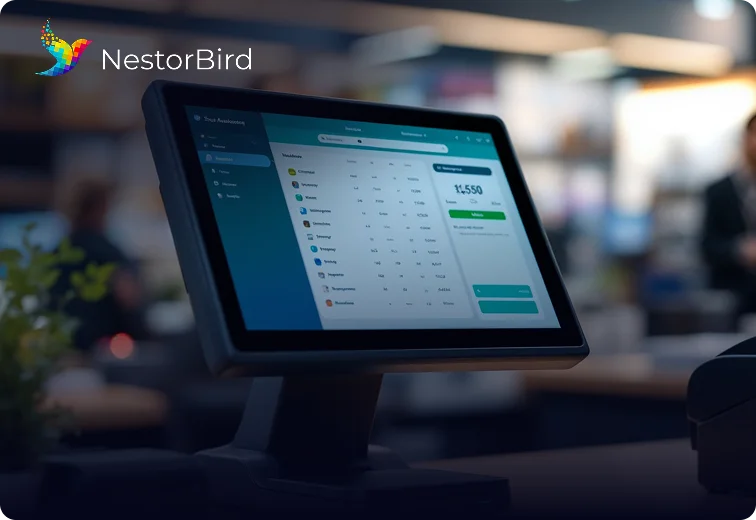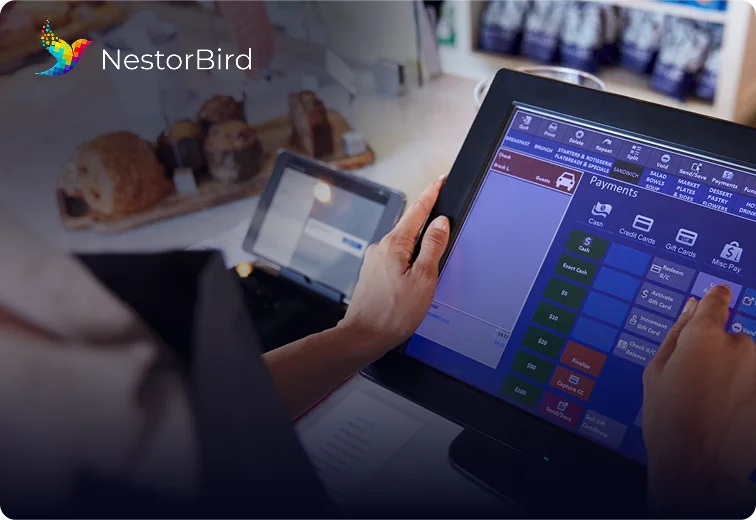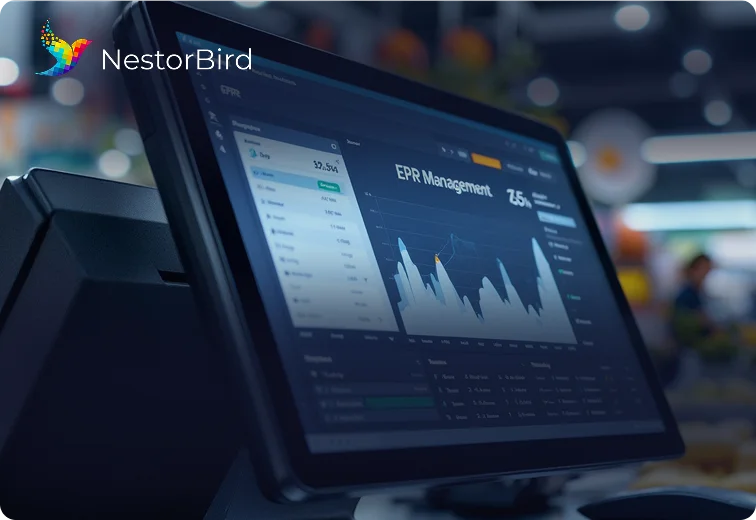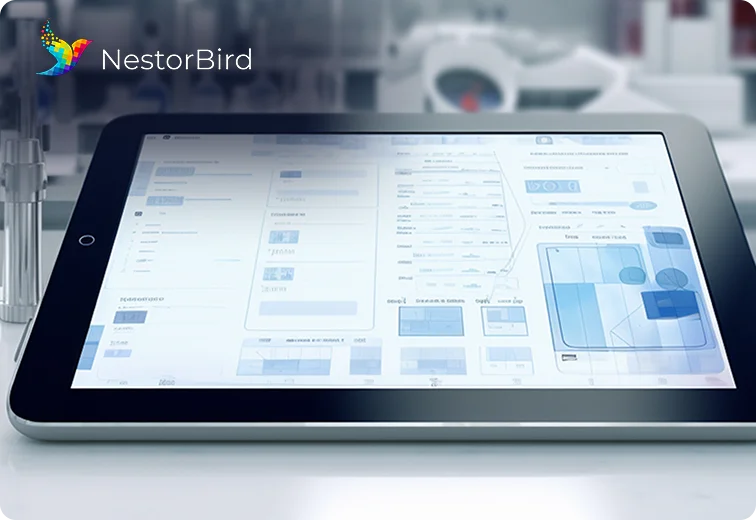Quick Summary
In the competitive landscape of the manufacturing industry, choosing the right ERP solution is crucial for business success. This article compares Oracle ERP and SAP to help manufacturing companies make an informed decision. Learn about their features, integration capabilities, scalability, and industry-specific benefits to determine which solution aligns best with your business needs.
Table Of Contents
Introduction
When selecting an ERP system for manufacturing, two of the most recognized names in the market are Oracle ERP and SAP. These ERP solutions offer comprehensive systems designed to streamline business processes, optimize resources, and enhance productivity in the manufacturing industry. However, choosing between Oracle ERP and SAP can be a challenge due to their distinct features and strengths. In this article, we will compare Oracle ERP and SAP based on key factors such as integration, scalability, industry focus, user-friendliness, cost, and cloud capabilities to help manufacturing businesses determine which system best fits their needs.
Key Takeaways
Oracle ERP and SAP offer distinct features, with Oracle excelling in integration and SAP in industry-specific functionalities.
Both solutions provide scalability, but SAP is known for its adaptability in large organizations, while Oracle is ideal for flexibility.
Cost considerations differ greatly depending on deployment options and business size.
Cloud capabilities and customization options are significant differentiators between the two platforms.
User-friendliness is essential, and both systems require training, but SAP has a steeper learning curve compared to Oracle.
Comparing Oracle and SAP

Integration
Both Oracle ERP and SAP are well-equipped to integrate with existing systems and processes in manufacturing businesses. However, Oracle ERP is often considered more flexible in terms of integration. It supports a wide range of third-party applications, making it easier for companies to connect various software tools. On the other hand, SAP tends to be more standardized, which can be beneficial for companies seeking a more uniform system across their operations.
Manufacturing ERP integration capabilities also make Oracle a better option for businesses with more complex needs, as it allows for custom integrations that are crucial in a highly competitive and ever-evolving manufacturing environment.
Scalability
Scalability is another important factor for manufacturing businesses. Both Oracle and SAP ERP systems are scalable to meet the needs of growing businesses. However, SAP shines in its ability to scale for very large enterprises. Its modular structure makes it adaptable to organizations that need robust, global ERP systems.
Oracle ERP also offers scalability, but it is more often favored by small to mid-sized manufacturing businesses. It can scale to meet growing demands without a complete overhaul of the system, making it a great option for companies anticipating rapid growth or transformation.
Industry Focus
Both Oracle and SAP have tailored solutions for the manufacturing industry. SAP offers manufacturing ERP systems that focus heavily on industry-specific features, such as supply chain management, procurement, and production planning. Its in-depth functionalities make it an excellent choice for manufacturing companies that require a more industry-centric approach to managing operations.
On the other hand, Oracle ERP, while comprehensive, is more flexible and can be adapted to a wider range of industries. This makes Oracle a better fit for manufacturing companies that may have diverse business needs beyond traditional manufacturing processes. The manufacturing business need erp software and it becomes especially critical when seeking tools that improve efficiency and reduce production costs.
User-Friendliness
User-friendliness is a key consideration for any ERP system. Oracle ERP is generally considered more intuitive and user-friendly than SAP. The interface is simpler, which can ease the learning curve for employees who are new to ERP software.
SAP, however, has a reputation for being more complex and may require additional training for users to fully understand and utilize its vast array of functionalities. For manufacturing businesses looking for a faster implementation, Oracle ERP might be a better choice due to its relatively straightforward user experience.
Cost Considerations
Cost is often a deciding factor when choosing an ERP systor the modulem. Oracle ERP software generally comes with a lower upfront cost, especially for smaller businesses. The flexibility of Oracle ERP pricing models allows companies to pay only fes they need, which can make it more affordable for businesses with budget constraints.
In contrast, SAP ERP typically involves a higher initial investment. However, many large enterprises opt for SAP because of its extensive functionalities and industry-specific solutions. Businesses that require robust, enterprise-level capabilities may find the higher cost justified in the long run.
Cloud Capabilities
Cloud deployment has become increasingly important for businesses seeking flexibility and scalability. Both Oracle and SAP offer cloud-based ERP solutions, but Oracle has been particularly aggressive in cloud adoption. Oracle’s cloud-based solutions allow for easier upgrades, updates, and remote access, which can be a major advantage for manufacturers with multiple locations.
SAP also offers cloud solutions, but its cloud-based offerings tend to be more complex and might require more effort to implement. SAP’s cloud solutions are ideal for large enterprises with specific requirements but may be overkill for smaller manufacturers who need simple, straightforward cloud functionality.
Manufacturing ERP System Cost can vary widely based on the deployment option, making cloud solutions an attractive option for many businesses looking for flexible pricing.
Conclusion: Which is Best for the Manufacturing Industry?
Choosing between Oracle ERP and SAP depends largely on the specific needs of your manufacturing business. Oracle ERP is a solid choice for smaller to mid-sized businesses looking for flexibility, ease of use, and lower upfront costs. Its integration capabilities and cloud offerings make it a strong contender for companies anticipating rapid growth.
SAP, on the other hand, is ideal for larger manufacturing enterprises that require an in-depth, industry-specific ERP solution. With its robust features and scalability, SAP can handle complex manufacturing processes and global operations, although it may require more resources for implementation and ongoing management.
Ultimately, the decision comes down to the size of your company, your specific manufacturing processes, and your long-term growth strategy. Assessing these factors will help you determine which ERP system aligns best with your goals.
Frequently Asked Questions
The main differences between Oracle and SAP ERP systems lie in their scalability, industry focus, integration capabilities, and user-friendliness. SAP is often favored by large enterprises with complex needs, while Oracle is a more flexible solution for smaller businesses.
Cloud-based ERP solutions offer flexibility, scalability, and easier upgrades. They allow businesses to access their systems remotely and reduce IT maintenance costs.
Scalability ensures that an ERP system can grow with your business. As manufacturing businesses expand, they need ERP systems that can handle increased complexity and volume without requiring a complete system overhaul.
SAP offers specialized manufacturing ERP systems designed to meet the specific requirements of the manufacturing industry, while Oracle provides a more flexible approach that can be adapted to various industries.


